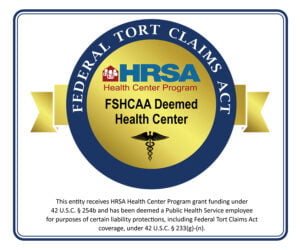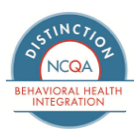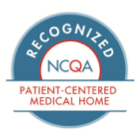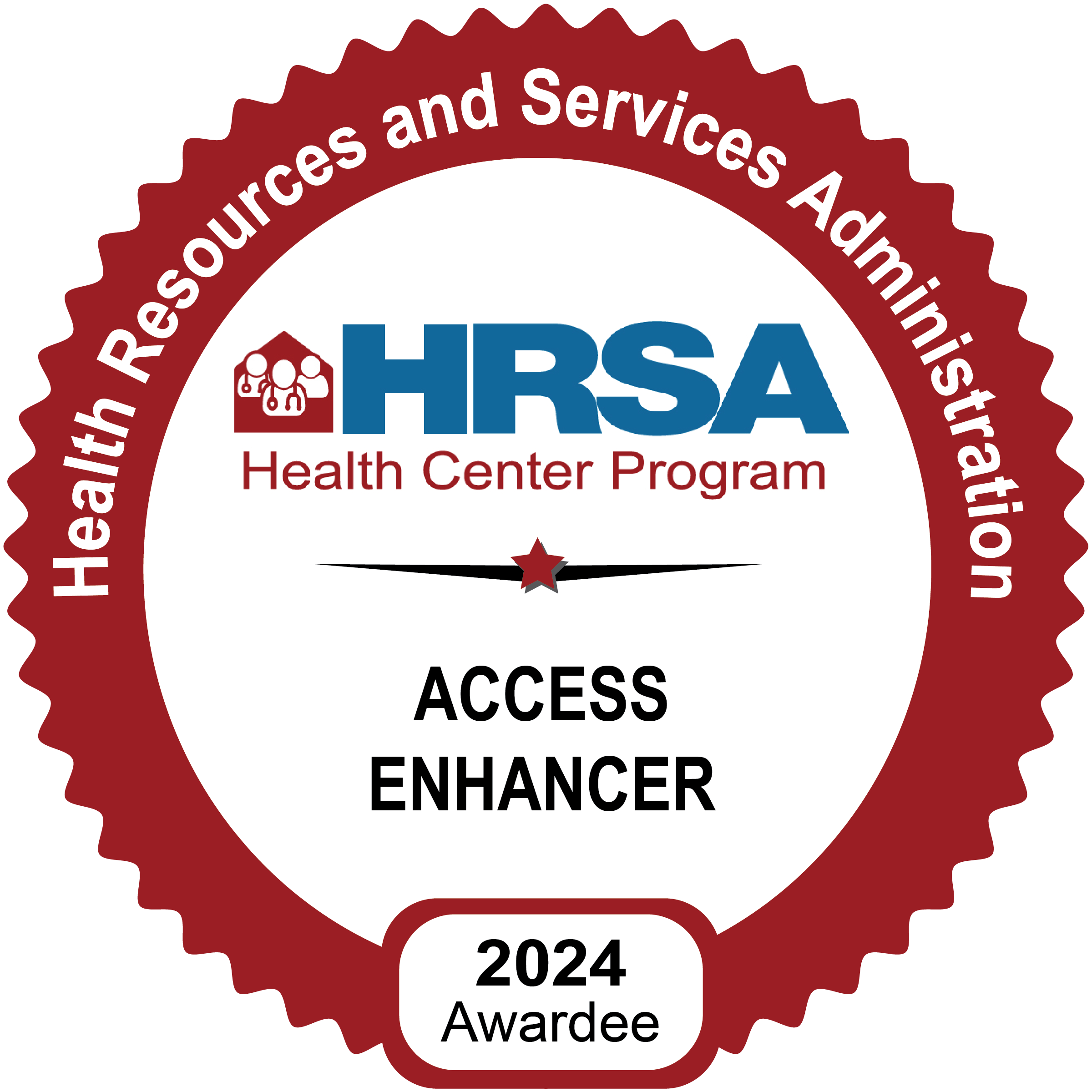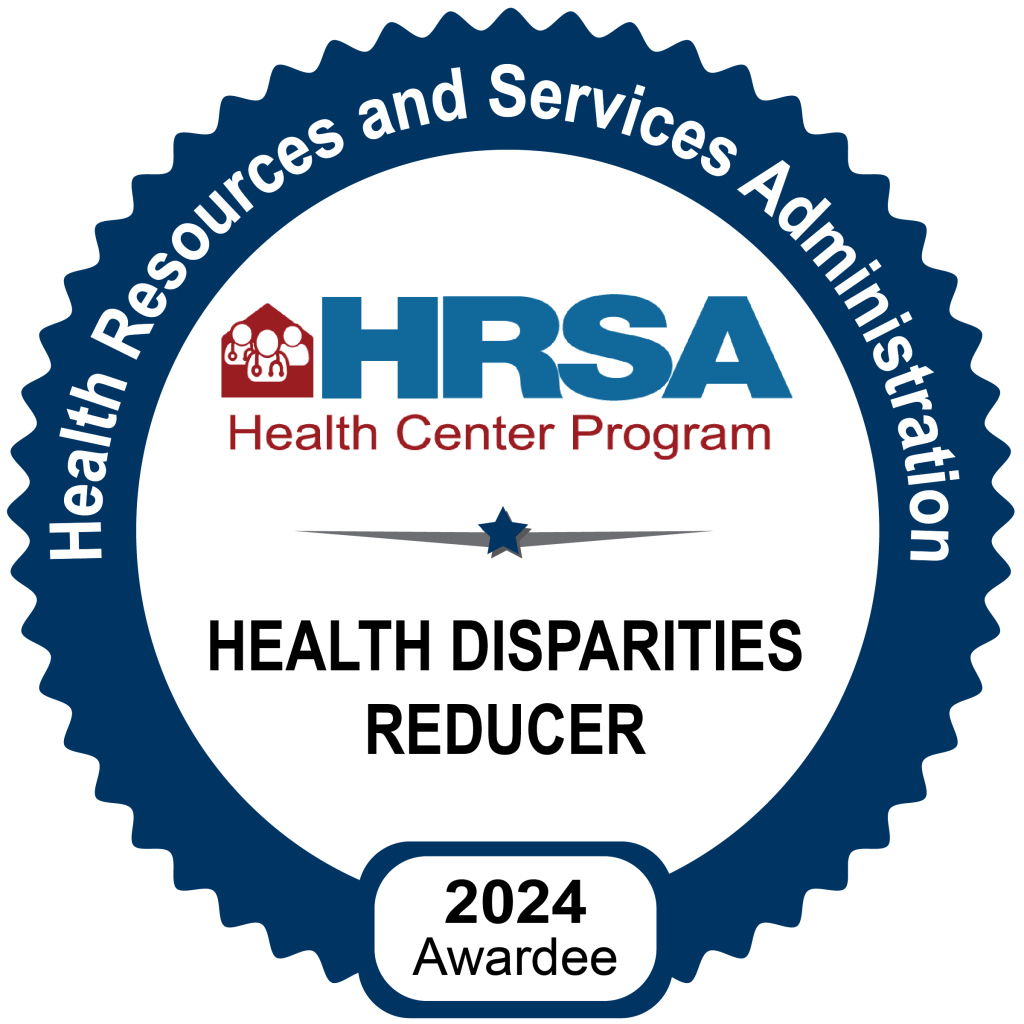Recognizing Women’s Health Month
May is synonymous with Mother’s Day, spring blooms, and, importantly, Women’s Health Month—a time dedicated to raising awareness about the distinct health issues women face. In observance of this month, we wanted to sit down with Dr. Caitlin Chiles, Director of Primary Care at Hunter Health for her insights on women’s physical and mental health, and the importance of a gender-sensitive approach in healthcare.
Dr. Chiles share the uniqueness of women’s care, stating, “Anatomically, certain conditions and cancers disproportionately affect women,” she says. “Women often prioritize caregiving for others, neglecting their own health. Raising awareness encourages self-care, ensuring women have the energy and well-being to care for others effectively.” In short, promoting women’s health leads to a healthier and more balanced society.
The Power of Preventative Care
A key aspect of women’s health is preventive care. Regular screenings and check-ups can detect potential health issues early, improving the chances of successful treatment. “Women under 30 should focus on cervical cancer and STI screenings, while mammograms are recommended starting at age 40. Women should consult with their healthcare team about any concerns,” Dr. Chiles says. Recognizing the importance of preventive care could save countless lives and significantly improve women’s health outcomes.
Mental Health: A Major Role in Women’s wellbeing
Mental health is equally important to physical health for women’s overall wellbeing. Dr. Chiles highlights that “women are more likely to suffer from anxiety and depression due to various factors, including childbearing, caregiving, and hormonal changes.” She says providing support and addressing societal pressures are key to alleviating these concerns and ensuring overall wellbeing.
Towards a More Inclusive Approach in Women’s Health
Inclusivity and gender sensitivity in healthcare are shared responsibilities. As healthcare providers and community members, we all have a role to play. Dr. Chiles emphasizes, “Understanding anatomical differences and individual risks can help provide respectful, evidence-based, and inclusive healthcare for women.” This approach, recognizing and respecting differences, fosters a healthcare system that can better serve everyone’s needs.
Women’s Health Month and the Role of Hunter Health
Women’s Health Month serves as a powerful reminder of the importance of women’s health. A sustained focus on preventive care, mental health, and the pursuit of a more inclusive healthcare approach can lead to significant improvements in women’s health outcomes.
Hunter Health is committed to supporting women’s health at all stages of life. We aim to make high-quality women’s care accessible to all within our community. Our range of services includes well-woman exams, prenatal and postpartum care, cancer screenings, family planning, and more. We also offer a variety of gynecological procedures and address menopausal and post-menopausal concerns. Our Women’s Care program strives to meet the healthcare needs of all individuals, regardless of their identity.
For expectant mothers, Hunter Health offers obstetrical care through a partnership with the University of Kansas OBGYN Residency Program. Our care team will help coordinate your labor and delivery at Wesley Medical Center in Wichita.
We are grateful to Dr. Chiles for her valuable insights. They serve as a reminder that we must maintain a continued focus on women’s health—not just during Women’s Health Month, but every day of the year.



